The University of Florida students, faculty, and staff continue to emerge as a force for scientific innovation and societal problem-solving. From embarking on a new era of leadership under President Ben Sasse and celebrating The Wall Street Journal’s No. 1 ranking among public universities in the nation to the unveiling of Malachowsky Hall for Data Science and Information Technology, 2023 was a remarkable year. Below is just a sample of the stories that showcase the impact that UF and its people are having on a global scale.
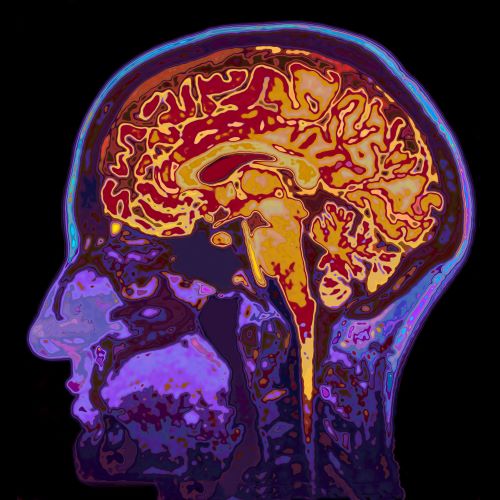
The findings of a new study that looked at how the human brain changes during spaceflight could provide valuable guidance for future space exploration planning. The study looked at how the human brain reacts to traveling outside Earth’s gravity suggesting frequent flyers should wait three years after longer missions to allow the physiological changes in their brains to reset.
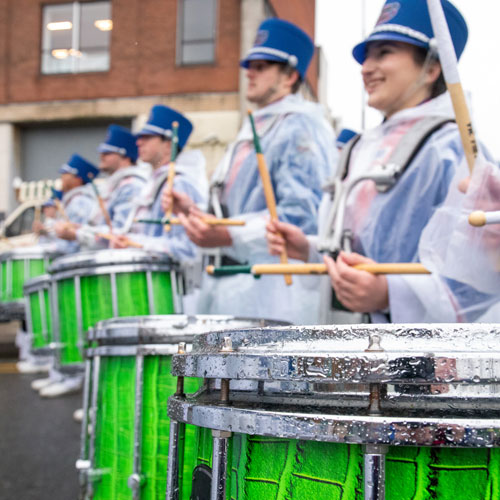
What does it take to get a 342-piece marching band to Ireland for St. Patrick’s Day? For starters, 11 flights from six different airports, eight charter buses for the student performers and 20 staff members, nine hotels and 139 instruments and color guard flag bags that needed to be checked baggage at the airports alongside the 203 carried-on instruments and twirling batons. The University of Florida Fightin’ Gator Marching Band performed at three events across Ireland for St. Patrick’s Day.
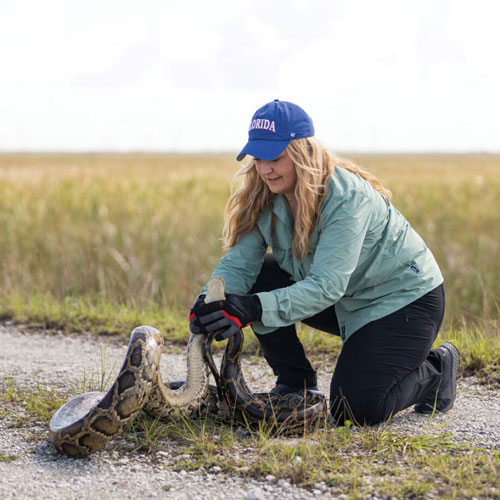
As invasive Burmese pythons spread throughout South Florida and have the potential to spread to a third of the southern United States, UF researchers are using "scout snakes" to track them down. These pythons will carry implants to track their movements. When groups of potential mates gather for breeding, the tagged snake will reveal their location, helping capture more of the invaders.
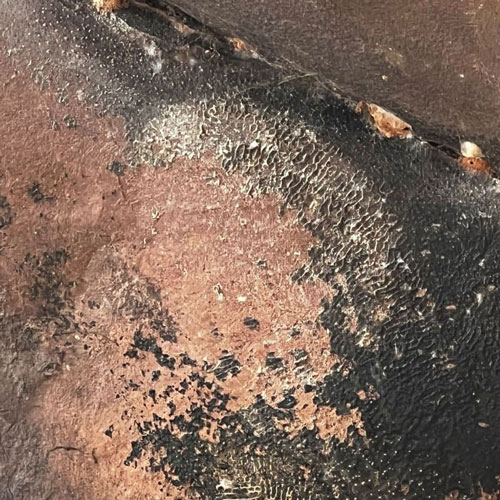
In 2020, researchers spotted the fossil of Dickinsonia¸ a flat, elongated and primitive animal from before complex animals evolved. It marked the first-ever discovery of Dickinsonia in India. Only, it turns out, the “fossil” was a case of mistaken identity. The true culprit? Bees. UF researchers traveled to the site and saw that the erstwhile fossil closely resembled the remains of large beehives common in the area. Correcting the record throws the age of the rocks, and thus the history of the Indian subcontinent, back into question.

With scientists calling July the hottest month in Earth’s history and warning of warmer temperatures to come, one UF researcher is working to make cities feel less scorching. Yi Luo studies microclimates, or areas that may have a different climate than their overall region. Her recent work includes mitigating the heat for visitors at The St. Pete Pier and its 26-acre waterfront park. She’s also working to study the historic Mallory Square in Key West and propose ways to make the area more comfortable during the day.
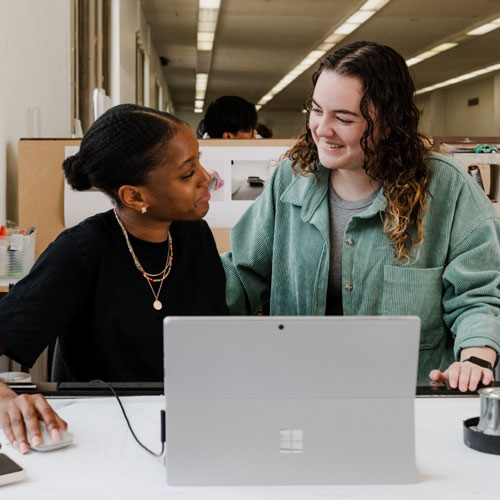
Sid Dobrin, professor and the chair of the Department of English, wrote an op-ed in The Hill and said, "GenAI writing bots are not destroying writing; they are reinvigorating it. Ultimately, we shouldn’t be so concerned about how students might use ChatGPT or Bard AI or the others to circumvent hegemonic educational values. Instead, we should be thinking about how we can prepare our students and the future workforce for ethically using these technologies."
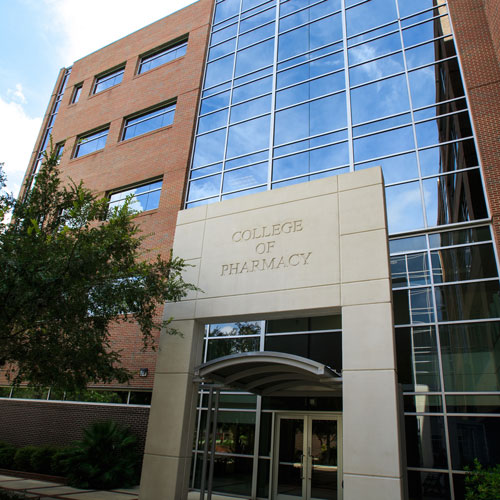
Decades of research by UF pharmacists Leslie Hendeles, Pharm.D., and Randy Hatton, Pharm.D., led a Food and Drug Administration advisory panel to vote unanimously on Sept. 12 that oral phenylephrine, a popular decongestant in over-the-counter cold medicines, is ineffective.
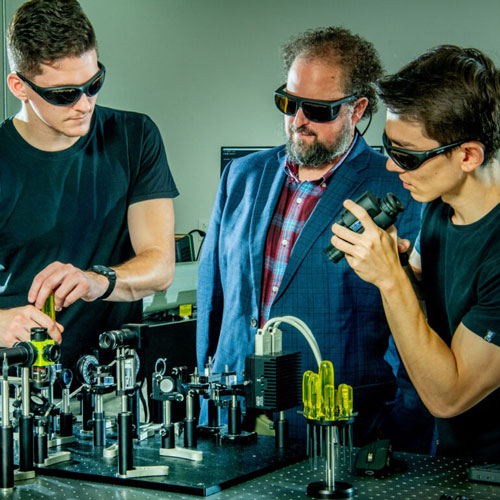
The Consortium for Nuclear Forensics, a UF-led team of 32 scientists and engineers at 16 universities, has been awarded a five-year, $26.4 million grant from the U.S. Department of Energy’s National Nuclear Security Agency to develop new nuclear forensic technologies and to train the next generation of nuclear sleuths to use them.